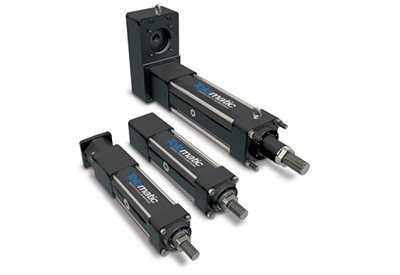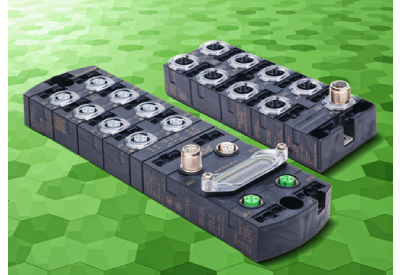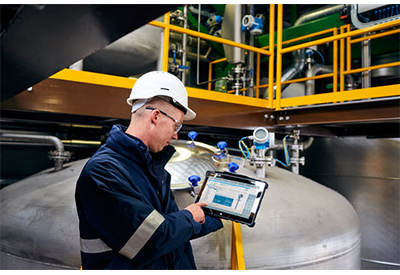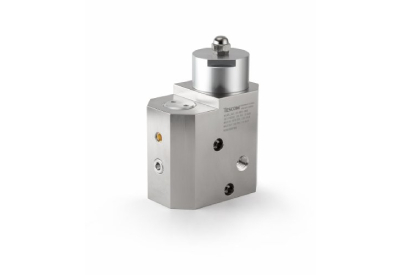ABB Baldor-Reliance SP4 Motors Represent the Latest Evolution of Motor Efficiency
August 7, 2024
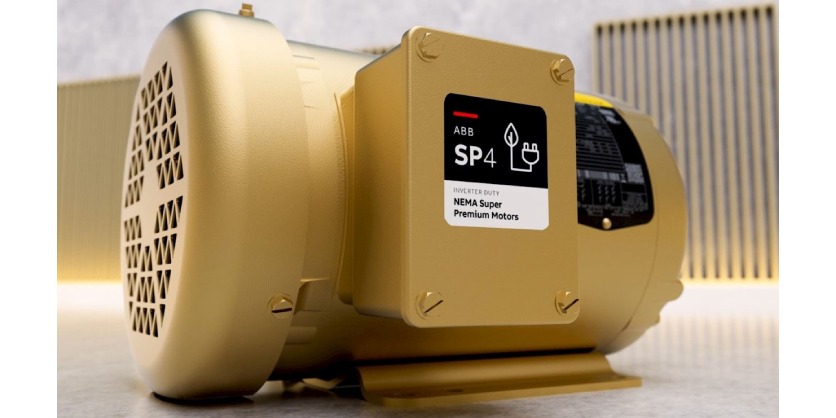
• NEMA Super Premium efficiency
• Reduced energy consumption and costs
• Longer motor life
Motor operators in all industries are staying ahead of the curve in energy efficiency and environmental stewardship with ABB Baldor-Reliance® SP4™ motors. ABB’s SP4 technology meets the NEMA Super Premium® efficiency level in a standard AC induction motor design operating across the line, independently of a variable speed drive.*
SP4 is ABB’s solution for a more sustainable and efficient future driven by the need to reduce energy consumption. The idea is simple: Take a proven AC induction motor design and make it better by reducing motor losses by an average of 20 percent while maintaining the simplicity, form, fit and function of today‘s installed base of AC induction motors. With more than 80 percent of industrial electric motors operating direct on line (DOL) – without using a drive to improve efficiency – SP4 represents ABB’s commitment to improving efficiency and performance without requiring customers to make significant investments in additional technology or components.
As a standalone DOL unit, SP4 achieves NEMA Super Premium efficiency; however, when paired with a variable speed drive, even higher efficiency levels are attainable.
SP4 motors are highly efficient, running cooler, reducing heat-based energy losses and extending bearing and other component life. Reducing energy losses also leads to lower electrical energy consumption, which lowers operating costs and total cost of ownership.
“Reducing electricity consumption benefits communities, businesses and the environment,” said Jesse Henson, ABB NEMA Motors Division president. “As a leader in the industry, ABB has the responsibility to drive a sustainable shift in electrical motion that will enable the world to meet growing energy demands while cutting emissions and preserving resources. SP4 motors exceed current U.S. efficiency requirements to offer customers maximum energy savings.”
SP4 motors meet current U.S. Department of Energy efficiency standards as well as anticipated Medium Electric Motor (MEM) regulations, which take effect on June 1, 2027, in the United States. These regulations mandate that motors up to 100 horsepower must maintain NEMA Premium efficiency, while motors between 100 and 250 horsepower must achieve NEMA Super Premium efficiency.
Forty-five percent of the world’s electricity is converted by electric motors into motion, and there are more than 300 million industrial electric-driven systems in operations worldwide. As the cost of electricity continues to grow – along with the demand for electricity driven by population growth and new technologies – ABB will remain at the forefront of energy efficiency and sustainability by embedding circularity in products and solutions, offering lifetime services and investing in new business models to reduce waste, increase recycling and foster reusability.
The SP4 motors rollout is underway. In addition to the currently stocked models, new designs, ratings and features will be added soon.
More Information
Learn more about ABB’s SP4 motor technology by visiting ABB.com.
Related Story
ABB’s Expanded Baldor-Reliance SP4 Technology Now Available in Severe-Duty Enclosures
ABB continues to help companies increase motor efficiency by as much as 20% by expanding the ABB Baldor-Reliance® SP4 motor™ line. The development of the new cast-iron totally enclosed fan cooled (TEFC) severe duty motor marks the second phase of ABB’s SP4 technology launch. This model is uniquely designed for applications in hazardous environments with certifications for Division 2 and Class I Groups A, B, C, D, as well as Class II Groups F, and G, making it suitable for areas with explosive gases and combustible dust. The model also features an IP55 rating, ensuring protection against dust and water spray, making it reliable for harsh and dirty conditions.


